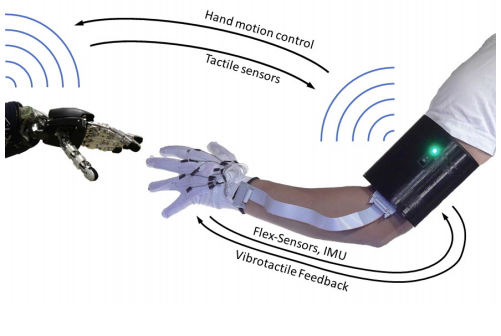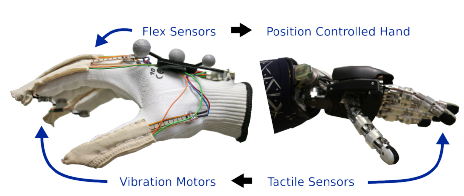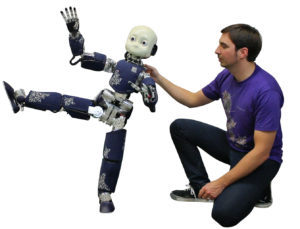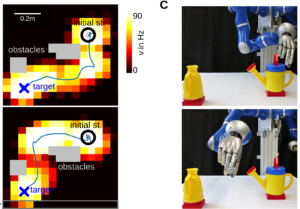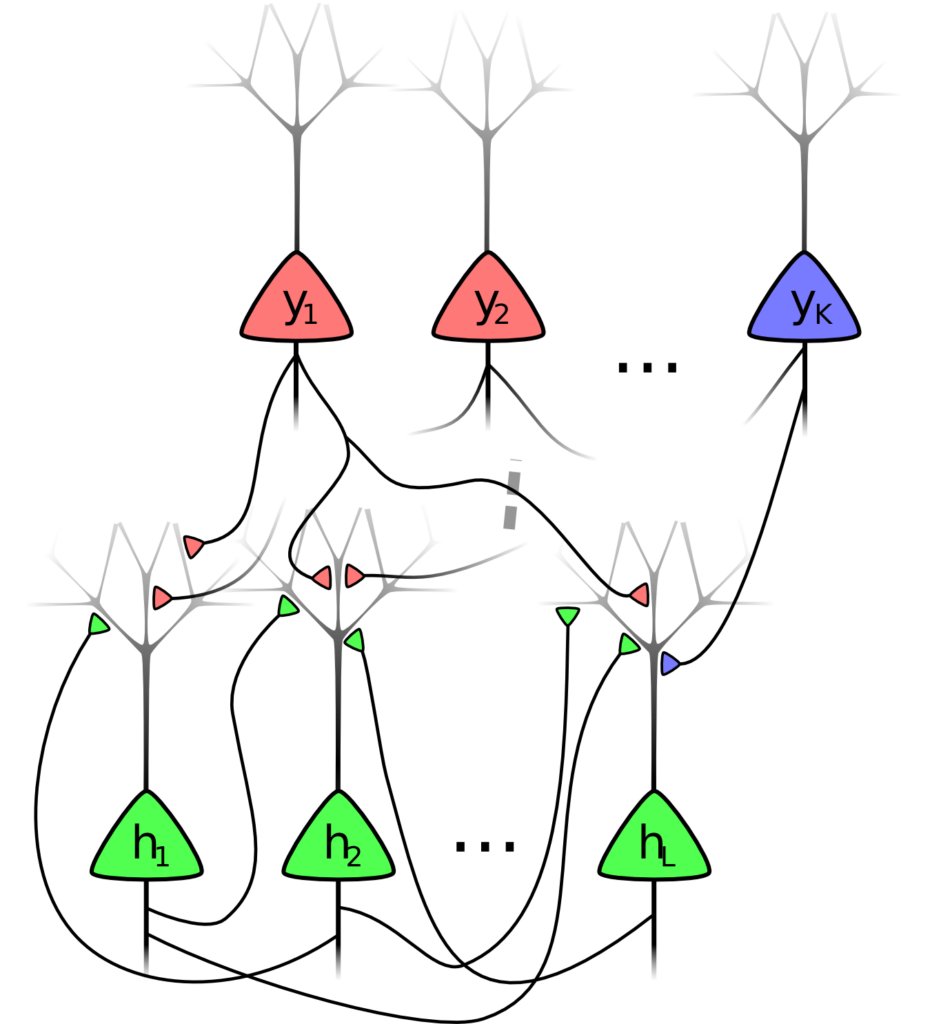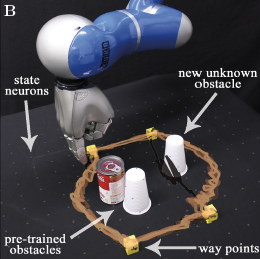
This project aims to develop a new paradigm to build open-ended learning robots called `Goal-based Open ended Autonomous Learning’ (GOAL). GOAL rests upon two key insights. First, to exhibit an autonomous open-ended learning process, robots should be able to self-generate goals, and hence tasks to practice. Second, new learning algorithms can leverage self-generated goals to dramatically accelerate skill learning. The new paradigm will allow robots to acquire a large repertoire of flexible skills in conditions unforeseeable at design time with little human intervention, and then to exploit these skills to efficiently solve new user-defined tasks with no/little additional learning.



